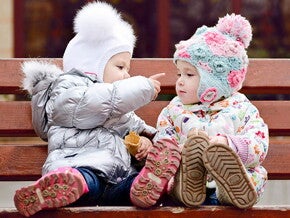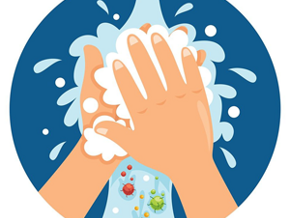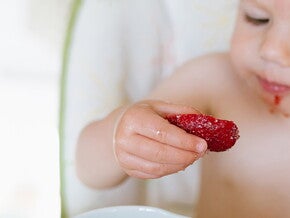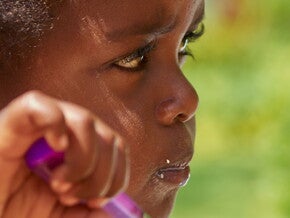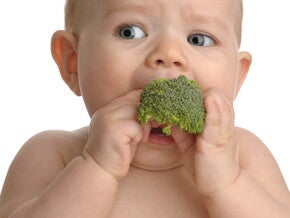
Why fathers are important to a child’s development and well-being
It’s an ongoing joy being a dad” – Liam Neeson
The influence of a father has been shown to be just as important for a child’s cognitive, social, and emotional development as a mother. So dad’s if you want to find out how you contribute to your child’s development carry on reading below!
Why are dads so important?
As a dad you will always try to do your best for your children. Yet many fathers are convinced that they are simply an extra set of hands to help around the house, rather than irreplaceable to their children. Some of the ways in which fathers contribute to their child’s wellbeing includes the following:
- Communicating
- Teaching
- Monitoring
- Engaging in thought processes
- Providing
- Showing affection
- Protecting
- Supporting emotionally
- Running errands
- Caregiving
- Engaging in child-related maintenance
- Sharing interests
- Being available
- Planning
- Sharing activities
The importance of fathers playing with their children has been the focus of much research and has been defined as just as important as the nurturing children get from their mothers. Fathers that play with their children encourage physical and mental stimulation which is important to your child’s development. Playing with your children as a dad also helps children understand and test boundaries in a safe environment, which helps them in countless ways as they figure out the world. Your interaction with your child even determines their language development by 2-3 years of age! So never stop talking to your child!
Another interesting piece of research has shown that dad’s mental health plays a far more significant impact a child’s social skills (e.g. self-control and cooperation) when children reached grade 5 than a mother’s influence! So it is very important that you not only take care of yourself physically but that you also ensure good mental health so that you can influence your child’s development positively!
This is just a small sampling of the growing research that shows how important a father-child relationship is for your child’s social development. So dads don’t ever think you are not important- because you most certainly are!
References
[1] Cabrera N, Fitzgerald HE, Bradley RH, Roggman L. Modeling the dynamics of paternal influences on children over the life course. Appl Developmental Sci. 2007;11(4):185-189. [2] Pruett, K., The Nurturing Father, New York: Warner Books, 1987. [3] Rohner, R. P., & Veneziano, R. A. (2001). The importance of father love: History and contemporary evidence. Review of General Psychology, 5, (4), 382-405. [4] Rosenberg J, Wilcox WB. The importance of fathers in the healthy development of children. U.S. Department of Health and Human Services, Administration for Children and Families Administration on Children, Youth and Families, Children’s Bureau, Office on Child Abuse and Neglect. 2006. [5] Cummings, E. M., & O’Reilly, A. W. (1997). Fathers in family context: Effects of marital quality on child adjustment. In M. E. Lamb (Ed.), The role of the father in child development (3rd ed.). New York: Wiley. [6] Palkovitz, R. (2002). Involved fathering and child development: Advancing our understanding of good fathering. In C. S. Tamis-LeMonda, & N. Cabrera (Eds.), Handbook of father involvement (pp. 33–64). Mahwah, NJ: Lawrence Erlbaum. [7] Paquette, D. (2004). Theorizing the father–child relationship: Mechanisms and developmental outcomes. Human Development, 47, 193–219.[8] Love, J. M., Chazan-Cohen, R., Raikes, H., & Brooks- Gunn, J. (2013). What makes a difference: Early Head Start evaluation findings in a developmental context. Monogr Soc Res Child Dev. 2013 Feb;78(1):vii-viii, 1-173. doi: 10.1111/j.1540-5834.2012.00699.x
